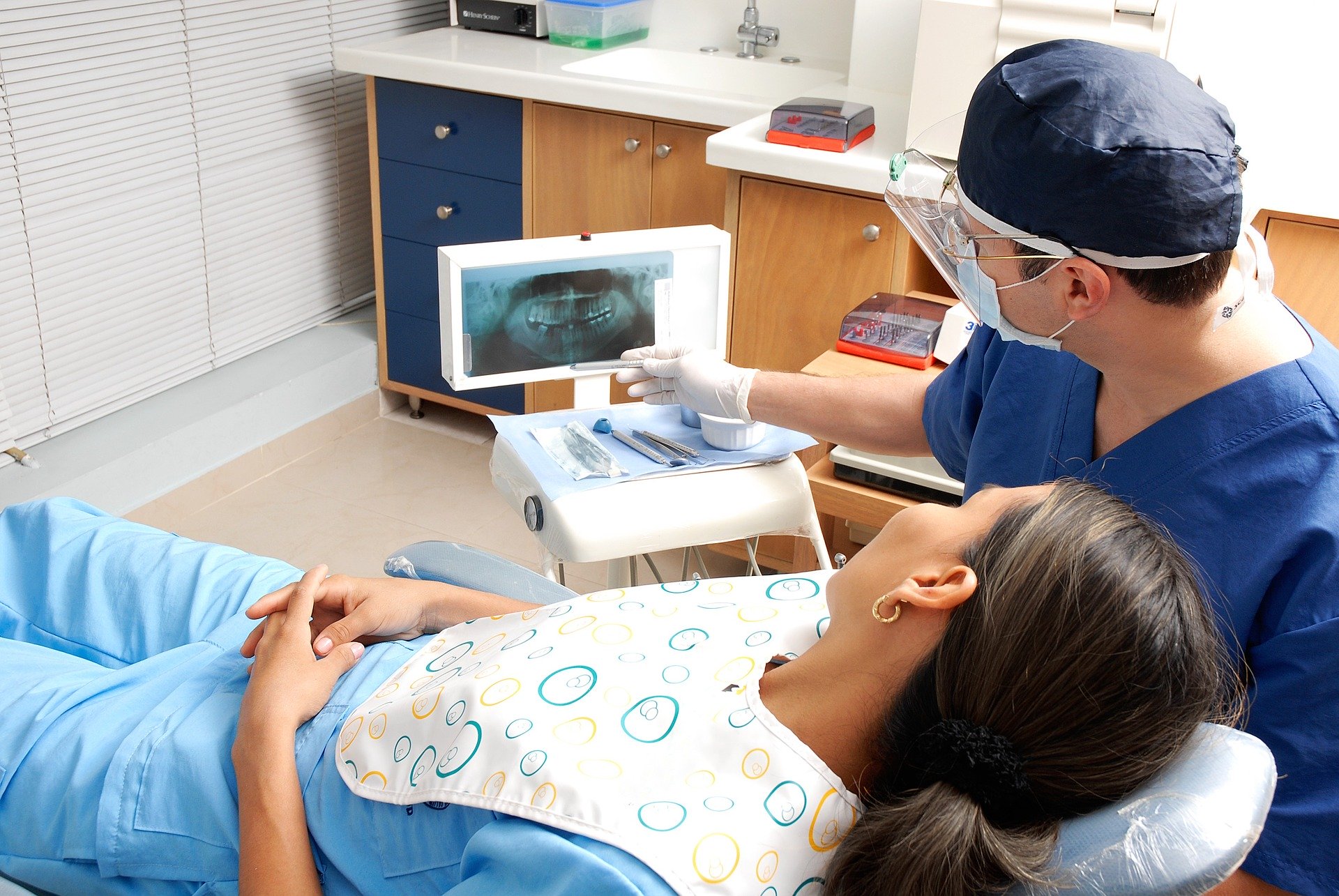

After months of stress-eating,-drinking, and having a valid excuse to avoid the dentist, your teeth are probably ready for a cleaning. Dental offices, which have been closed for non-emergencies since early March, are starting to reopen under new CDC guidelines. But there’s a lot to consider before heading back in for routine work—and if possible, you might want to just wait.
You shouldn’t assume that your personal dentist is following all of those guidelines to the letter, says JoAnn Gurenlian, a professor of dental hygiene at Idaho State University and chair of the American Dental Hygienists’ Association’s COVID-19 task force on the return to work.
“I don’t think you should assume that every office has put all the new measures that are in our guidance documents in place,” she says. Before you head in for your regular cleaning, call and ask about how they’ve changed their practices. If they’re still adapting—or if, as in some cases Gurenlian says the ADHA has been informed of, they’ve chosen not to change their practices—consider putting your visit on pause until changes have been made.
For starters, she says, dental practices should be screening patients for COVID-19 specifically. The waiting area should be sanitized and physical distancing measures should be put in place. Gurenlian recommends calling to confirm this has been initiated. When it comes to your appointment itself, she suggests asking about whether staff will be wearing the new recommended levels of PPE, whether hygienists will be using hand tools to clean your teeth rather than ultrasonic tools, which create more aerosol particles than hand tools, and asking about sanitization procedures on the dental suite between patients.
Even if all those criteria are met, not everybody is ready to return for routine dental work. The New York Times spoke to a number of infectious disease specialists and dental health professionals who are “skeptical about going to the dentist for anything that is not urgent,” according to reporter Maria Cramer.
The CDC’s new advisories also might make routine visits daunting for some: For instance, the government body has made the use of dental dams mandatory for any procedures that require more than hand instruments. This would include routine fillings and sealants as well as more intricate procedures like extractions and root canals. Typically, dental dams, which cover the entirety of the patient’s mouth other than the area or tooth being worked on, have been reserved for these complex issues only
Patients also need to be mindful of their own health, she says: While the CDC’s new recommended procedures include a vigorous phone screening beforehand, and temperature checks for patients coming in the door, members of the public have a duty to each other and to health professionals to actively practice social distancing measures and avoid any situations where they might contract COVID-19.
Doing your due diligence protects both you and your dental professionals. For the people who look after your teeth, COVID-19 constitutes a new and very real threat, Gurenlian says. “They are face to face, in close proximity, with patients who are breathing on them.”
Having to return to work after months in isolation and become frontline workers is taking a mental health toll on the hygienists that ADHA represents, she says. They are contending with the new realities of their jobs, like wearing N-95 respirators, extra protective equipment, and enhanced cleaning, while trying to avoid getting sick themselves. So, if you do go get your teeth cleaned, spare some extra courtesy for the people doing the cleaning.
Whatever you decide, taking excellent care of your teeth at home will help reduce the burden on the dental system. Brushing, cleaning between your teeth with floss or alternative methods, and using an antiseptic mouthwash after every cleaning are all important maintenance, Gurenlian says. And don’t be afraid to pick up the phone and call your dentist, she says. “If you have a question about something, or something doesn’t feel right in your mouth, that’s perfectly appropriate to do.”